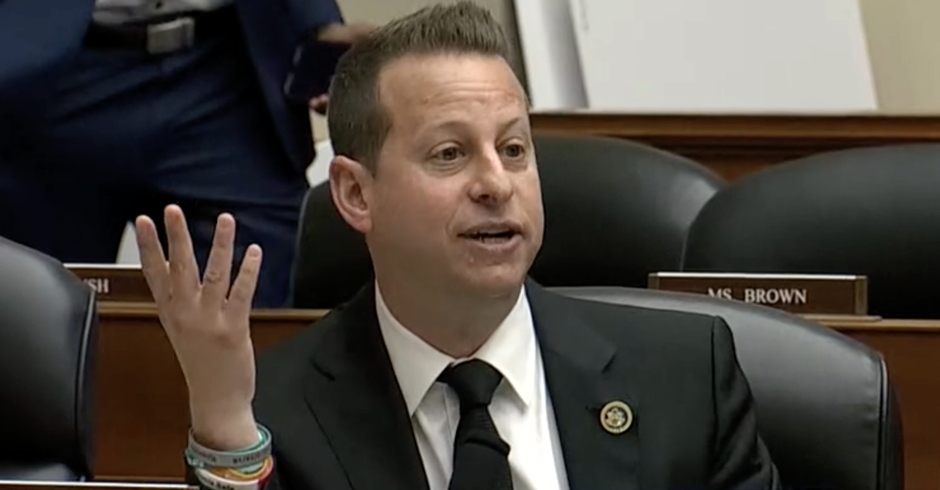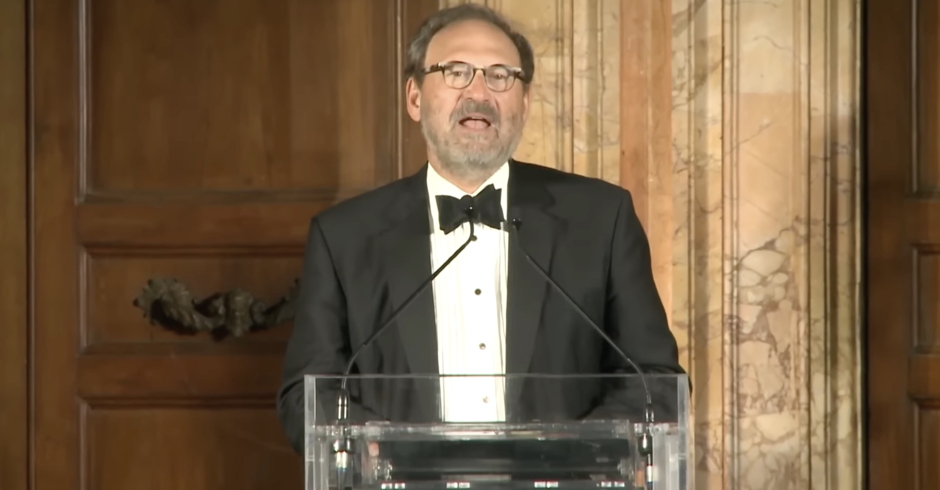Memorial Day: Remember The Dead And Salve The Wounds Of The Living
When friends and strangers wish me a “happy” Memorial Day I want to shout back “there is nothing ‘happy’ about Memorial Day” in remembering those who have given the ultimate sacrifice on behalf of our nation.
It is a day to lay flowers on the graves of dead soldiers. Â There is nothing happy in this act of remembrance.
During this weekend and on this day especially, families and friends visit cemetaries to remember their dead, clean their graves and leave tokens of love and affection. Â The 9-11 generation has now joined our ancestors who have gone before them–we have been remembering them in quintessential American fashion–with round the clock television broadcasts that focus on surviving veterans and policy discussions on how to address their needs.
The broadcasts will end tonight, although the killing and dying will not.
America, weary by more than a decade of continuous warfare and exorbitant spending, forges ahead in the Afghanistan conflict, which looks more and more like the Vietnam War in every way: Â a futile effort, led by a corrupt head of state, in a country where no one expects to win Afghani “hearts and minds” and ultimately we have quietly admitted to ourselves that even America will be unable to repel the Taliban from its retrogressive advance against modernity.
To his credit, President Obama has carried out a successful lethal campaign against Al-Qaeda leadership, killing them one by one and accelerated America’s withdrawal from active combat missions by one year now planned to end in 2013.
Yet the legacy of the Iraq and Afghanistan wars are affecting thousands who survived–the walking and wheelchair bound wounded–the obvious and not so apparent casualties that require ongoing and extensive medical care delivered by a bureaucratic matrix in the Veteran’s Administration (VA)–the nation’s largest hospital system. Â This is our social compact to care for those who fought and sustained injury on our behalf, now rests on tenuous ground. Â Today, less than one-half of one percent of the total population serves in the armed forces. Â Very few of us have relatives or friends in uniform, making the war and its casualties more and more disconnected from our everyday lives.
http://www.msnbc.msn.com/id/32545640
Visit msnbc.com for breaking news, world news, and news about the economy
Shockingly, according to the VA, 18 veterans commit suicide everyday, registering 20 percent of total suicides in America, despite the small fraction of the population that serve.
Indeed, suicides committed by Iraq and Afghanistan veterans total about 6,500 per year, now exceeding the number of the total dead–1,857 in Afghanistan and 4, 485 in Iraq (through its official conclusion on Dec. 15, 2011).
Women veterans commit suicide three times the average of US population according to Service Women’s Action Network (SWAN).  More than 283,000 women have been deployed to Iraq and Afghanistan and 139 have died.  But women soldiers are more likely to be raped or sexually assaulted during these wars by colleagues.  Indeed, the rates of reported  sexual assaults are mind boggling (men are sexually assaulted too and more than likely under reported to authorities).
According to SWAN, more than 19,000 sexual assaults occur annually in the ranks, which equates to 52 sexual assaults each day. Like in civilian life, sexual assault crimes are under reported at 13.5 percent of total assaults.  The unacceptable outcome that results from these crimes, is that women develop PTSD not from serving in war fighting a foreign enemy, but having survived a rape or sexual assault by a fellow soldier while at war.  Adding insult to injury, only 32 percent of PTSD claims submitted to the VA by women survivors are granted.  So many sexual assault survivors feel doubly victimized for good reasons.
So as we visit our dead today, let’s also remember the living, the walking wounded in body and soul. Â The psychic wounds of war plague everyday living for thousands of veterans for the horror they may have witnessed or for the sexual crimes that may have trespassed their minds and bodies. Â Many are alone and edge toward an embrace of death and self-destruction. This is what faces America in our moment of remembrance– the high cost of war is the collateral damage done to the souls of the living.
Press your cheek against my medals, listen through them to
 my heart
Doctor, can you see me if I’m naked?
Spent longer in this place than in the war
No one comes but rarely and I don’t know what for
Went to that desert as man did before
Farewell and believing and hope not to die
Hope not to die and what was the life
Did we think was awaiting after
Lay down your stethoscope back off on your skills
Doctor can you see me when I’m naked?
                     —Quarto, by Adrienne Rich
Image of  the Tomb of the Unknown Soldiers at Arlington National Cemetary courtesy of Wikipedia
 Tanya L. Domi is an Adjunct Assistant Professor of International and Public Affairs at Columbia University who teaches about human rights in East Central Europe and the former Yugoslavia.  She is a Harriman Institute affiliated faculty member. Prior to teaching at Columbia, Domi was a nationally recognized LGBT civil rights activist who worked for the National Gay and Lesbian Task Force during the campaign to lift the military ban in the early 1990s. Domi also worked internationally in a dozen countries for more than a decade on issues related to democratic transitional development, including political and media development, human rights, gender issues, sex trafficking, and media freedom.  She is currently writing a book about the emerging LGBT human rights movement in the Western Balkans.
Tanya L. Domi is an Adjunct Assistant Professor of International and Public Affairs at Columbia University who teaches about human rights in East Central Europe and the former Yugoslavia.  She is a Harriman Institute affiliated faculty member. Prior to teaching at Columbia, Domi was a nationally recognized LGBT civil rights activist who worked for the National Gay and Lesbian Task Force during the campaign to lift the military ban in the early 1990s. Domi also worked internationally in a dozen countries for more than a decade on issues related to democratic transitional development, including political and media development, human rights, gender issues, sex trafficking, and media freedom.  She is currently writing a book about the emerging LGBT human rights movement in the Western Balkans.

Enjoy this piece?
… then let us make a small request. The New Civil Rights Movement depends on readers like you to meet our ongoing expenses and continue producing quality progressive journalism. Three Silicon Valley giants consume 70 percent of all online advertising dollars, so we need your help to continue doing what we do.
NCRM is independent. You won’t find mainstream media bias here. From unflinching coverage of religious extremism, to spotlighting efforts to roll back our rights, NCRM continues to speak truth to power. America needs independent voices like NCRM to be sure no one is forgotten.
Every reader contribution, whatever the amount, makes a tremendous difference. Help ensure NCRM remains independent long into the future. Support progressive journalism with a one-time contribution to NCRM, or click here to become a subscriber. Thank you. Click here to donate by check.
 |






















